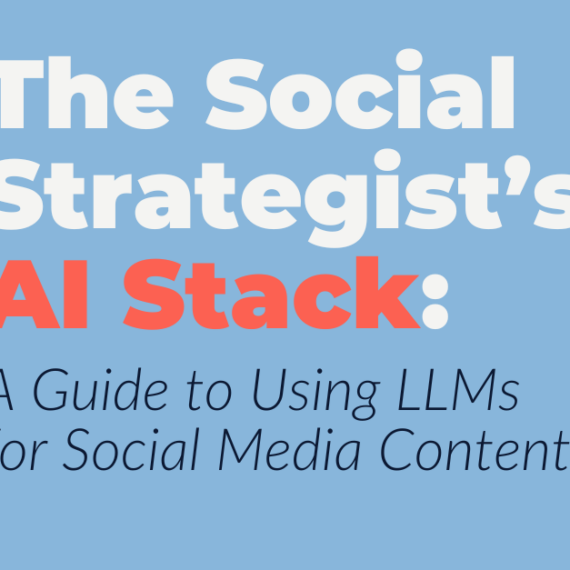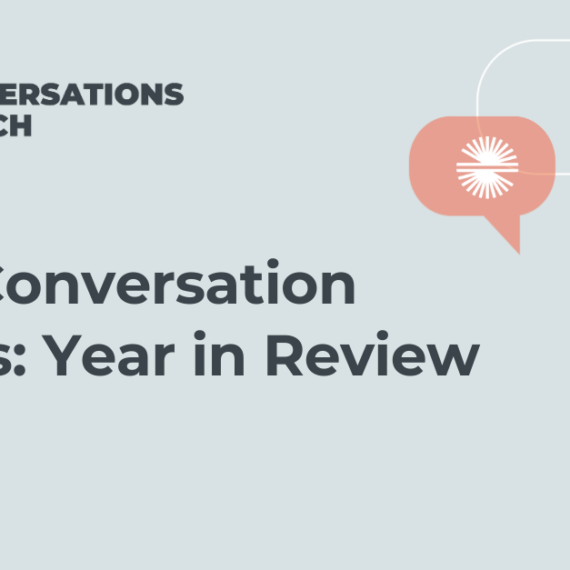 I recently binge watched Amazon’s new take on Tom Clancy’s CIA-analyst-turned-field-operative, Jack Ryan (played by John Krasinksi, formerly John Halper in “The Office”). Early in episode one, when the higher-ups at the C.I.A. strongarm Ryan to strap on a SIG-Sauer P226 and hop on a plane to fight terrorists in Yemen, he delivers his take on the immortal line uttered by every previous screen incarnation of Jack Ryan (Alec Baldwin, Harrison Ford, Ben Affleck and Chris Pine): “I can’t go to Yemen. I’m just an analyst.”
I recently binge watched Amazon’s new take on Tom Clancy’s CIA-analyst-turned-field-operative, Jack Ryan (played by John Krasinksi, formerly John Halper in “The Office”). Early in episode one, when the higher-ups at the C.I.A. strongarm Ryan to strap on a SIG-Sauer P226 and hop on a plane to fight terrorists in Yemen, he delivers his take on the immortal line uttered by every previous screen incarnation of Jack Ryan (Alec Baldwin, Harrison Ford, Ben Affleck and Chris Pine): “I can’t go to Yemen. I’m just an analyst.”
I couldn’t help but think of a few occasions over my career when I’d been tempted to say something similar to an employer or client. The urge usually arises when I’m just far enough into a meeting with company leadership to sense that it’s premature to talk communications strategy. No one can agree on business objectives (often they can’t even articulate them). There’s nothing resembling either a business or a marketing plan. A unique or clear or compelling point of view on, well, anything, is non-existent.
But they keep looking to comms to figure it out – even when it’s patently obvious no one knows what “it” even is. I’m just a communicator, I want to say.You people with the MBAs, do your job. I’m going back to my desk to write.
Is It Ever Too Early to Bring in Communications?
I was 28 years old, sitting in my little office on “PR Row” in building 10 at Sun Microsystems headquarters, circa 1995. A product manager I’ve never met knocks on my open door. “Mark Tolliver sent me to get your advice on a press release.”
From there, we pretty quickly devolved into a fruitless interview where I have a lot of Qs, and she doesn’t have a single A. Eventually, my exasperation starts to come through and that’s when she confesses: “I am just starting to think about a product, and Mark told me to write the press release for how I’d introduce it, and work backwards.”
I didn’t literally throw her out of my office, but I did close the door behind her with some enthusiasm and let out a “you’ve-got-to-be-kidding-me!” when I was sure she was out of earshot. I thought my time had just been colossally wasted. I didn’t yet have the maturity or the mindset to see it as an opportunity, nor the skillset to run with it.
Now though, I can see that Tolliver was pretty wise. After all, how does any great idea (whether for a new company, a new product or a novel-about-a-boy-wizard-who lives) start? After that initial flash of insight, someone usually puts words to paper or draws a picture. And then it starts to become real.
Run to the Hard Stuff
I recently heard the CEO of a high-flying SaaS unicorn talk about the benefits of tackling really tough business problems via software. “When you take on the hard stuff, the company runs the business on you. When you do the hard stuff, it makes you really hard to replace.”
It took me a while to figure out the same is true when you’re a communications consultant. When you take on the hardest stuff, you have a much better chance of being irreplaceable.
I’m not saying comms can solve for anything and everything. I’m not that naïve. One very senior client recently recalled an occasion earlier in her career where she had to draw a line in the sand with a product development organization that was rudderless. “I refuse to do product strategy via press release.” Sometimes, you have to send other parts of the organization back to eat their vegetables or do their homework.
But often, communications can break through a lot of logjams and shine a bit of light through the fog of a murky, nascent idea. Once you’ve navigated a few organizational mazes, you know where to go dig for raw material, whether it’s in the sales organization or the research lab or an upcoming partner event. (It’s called “story mining” for a reason.) Your interviewing skills are sharper. Somehow, you’re able to assemble the pieces to a very complicated jigsaw puzzle – one where you don’t have the benefit of the cover art on the box as a guide – in a way that makes sense to you. You show it to your client and they say, “Yeah. That’s it. Tweak here. Adjust there. But that’s it.”
For all the times we aren’t invited to the table early enough, there’s rarely a point to complaining about being brought in too early. The next time you’re tempted to protest, try to recall how Vice Admiral James Greer helped clarify Jack’s options when he didn’t want to go to Yemen: Get on the f***ing plane. That’s typically the best advice for us, too – climb aboard and get to work. We may “just be communicators,” but sometimes we communicators can save the day, too.






